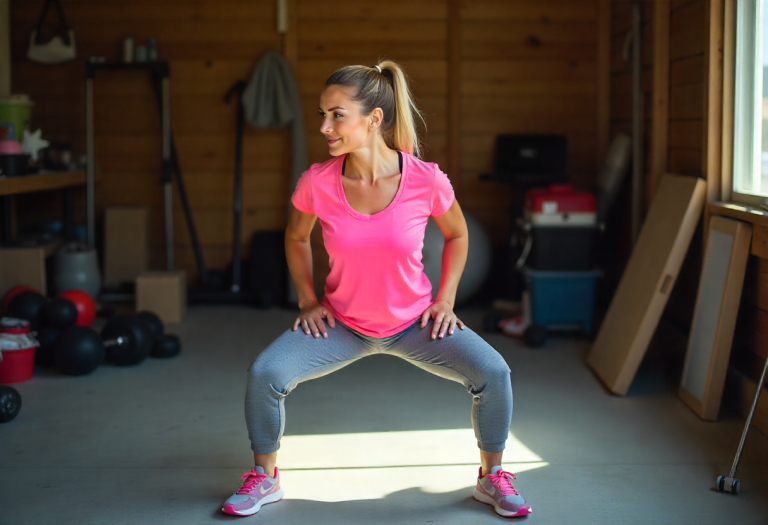Fitness isn’t just about lifting heavy weights or running miles on a treadmill. For many people, especially those with busy lifestyles, functional fitness — exercises that mimic real-life movements — can provide incredible benefits. Functional workouts improve strength, mobility, balance, and endurance, making everyday tasks easier and reducing the risk of injury.
What Is Functional Fitness?
Functional fitness focuses on movements that you perform daily — lifting, bending, twisting, pushing, or pulling. Unlike traditional gym exercises that isolate specific muscles, functional exercises engage multiple muscle groups at once, improving coordination and body control. Examples include squats, lunges, push-ups, planks, kettlebell swings, and rotational movements.
Why Functional Fitness Matters
Improves Daily Life: Carrying groceries, lifting kids, or reaching high shelves becomes easier.
Reduces Injury Risk: Strengthens stabilizing muscles and improves balance, preventing falls.
Enhances Athletic Performance: Boosts endurance, agility, and power for sports or active hobbies.
Boosts Core Strength: Most functional movements engage the core, improving posture and reducing back pain.
How to Start Functional Workouts at Home
Even without a gym, you can start functional training at home:
Bodyweight Movements: Squats, lunges, push-ups, planks, and mountain climbers.
Use Household Items: Water bottles or backpacks can act as weights for added resistance.
Dynamic Movements: Add rotational twists or step-ups to mimic daily activities.
Short, Frequent Sessions: Even 20–30 minutes, 3–4 times a week, can produce noticeable results.
Real-Life Transformation Story
Consider Alex, a busy professional who struggled with fatigue and poor posture due to long hours at a desk. Traditional workouts left him bored and inconsistent. He switched to functional fitness — morning bodyweight circuits and mobility exercises. Within two months, Alex noticed improved energy, better posture, and reduced back tension. He could climb stairs without huffing, carry groceries with ease, and even jog longer without fatigue. His transformation shows that you don’t need fancy equipment or long hours at the gym to see real results.
Benefits Beyond Strength
Functional workouts don’t just strengthen your muscles — they enhance your mind-body connection. When you perform coordinated movements, your brain improves its ability to control muscles efficiently. This leads to better reflexes, faster reaction times, and improved overall agility.
Other benefits include:
Weight Management: Full-body movements burn more calories than isolated exercises.
Stress Relief: Exercise reduces cortisol levels and promotes endorphin release.
Adaptability: You can tailor movements to your skill level, from beginner to advanced.
Tips for a Successful Functional Fitness Routine
Warm-Up Properly: Mobilize joints and activate muscles before starting.
Focus on Form: Quality beats quantity. Proper alignment prevents injuries.
Increase Intensity Gradually: Add resistance or more challenging variations over time.
Mix It Up: Include balance, core, and strength exercises to engage the whole body.
Track Progress: Note improvements in endurance, strength, and how daily activities feel easier.
Making Functional Fitness Part of Your Lifestyle
The beauty of functional fitness is that it blends seamlessly into everyday life. Unlike traditional workouts that feel like a chore, these exercises enhance your natural movements, making you feel capable, confident, and energetic. Over time, functional fitness becomes a lifestyle rather than a scheduled task.
Final Thoughts
Functional fitness is a game-changer for anyone looking to get stronger, move better, and live a more active life. It doesn’t require expensive equipment, long hours at the gym, or complex routines. By integrating movements that mimic daily activities, you strengthen your body, improve mobility, and build endurance — all while reducing injury risk.
If you’ve struggled with traditional workouts, functional fitness might be the refreshing change you need. Start small, focus on proper form, and stay consistent. Soon, you’ll notice your body handling daily tasks with ease, your posture improving, and your energy soaring.
The best part? Functional fitness is sustainable, practical, and adaptable for any lifestyle. It’s about building a body that works for you, not against you.
